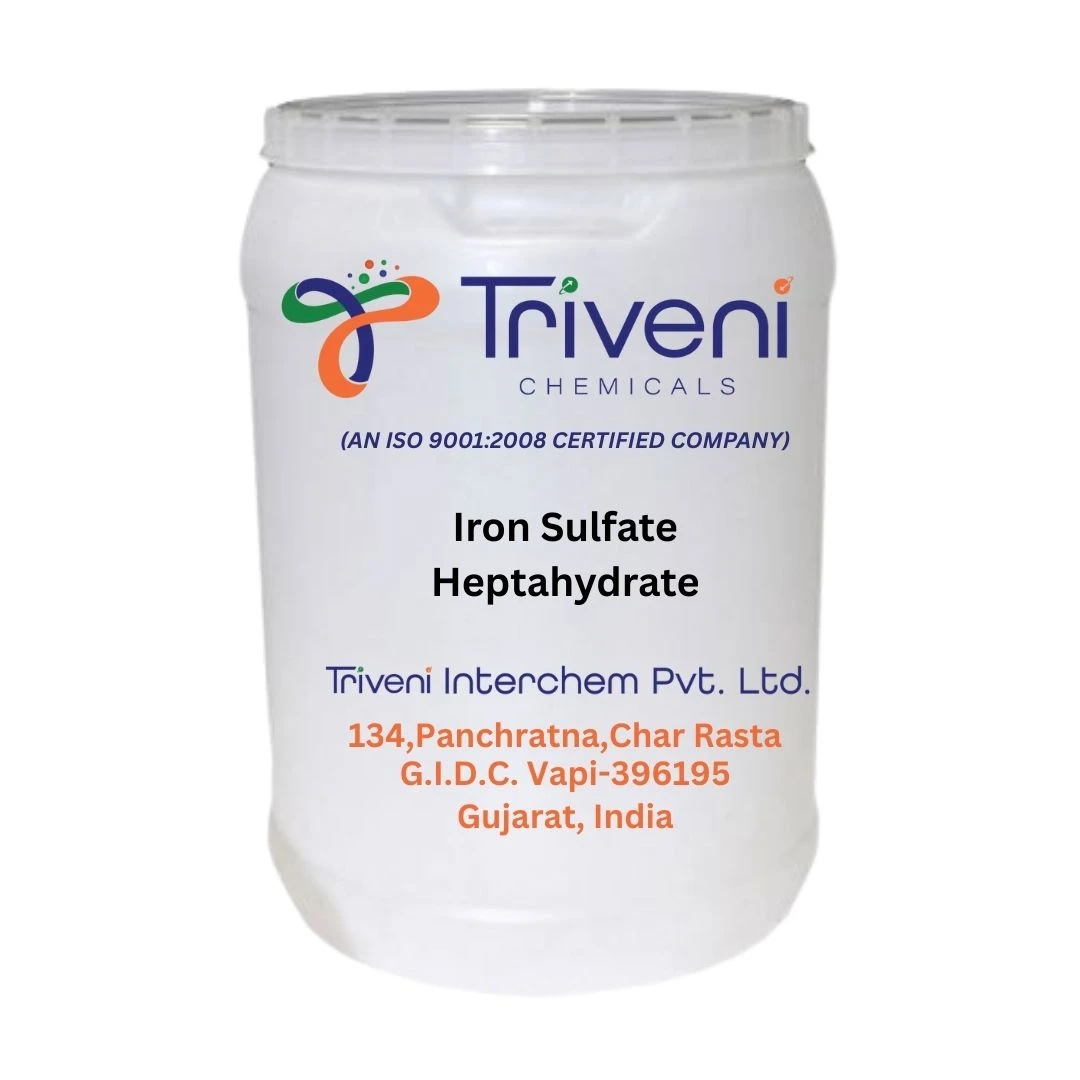Iron Insufficiency: One of the most prevalent dietary deficiencies in the world, iron deficiency affects people of all ages and economic statuses. The protein in red blood cells called hemoglobin, which transports oxygen from the lungs to the rest of the body, is produced when the body lacks iron. Iron-deficiency..
Iron Insufficiency: One of the most prevalent dietary deficiencies in the world, iron deficiency affects people of all ages and economic statuses. The protein in red blood cells called hemoglobin, which transports oxygen from the lungs to the rest of the body, is produced when the body lacks iron. Iron-deficiency anemia is the result of the body's inability to produce enough healthy red blood cells when there is insufficient iron in the body. Depending on the degree, iron deficiency symptoms might vary, but they frequently include headaches, weakness, pale complexion, weariness, dizziness, cold hands and feet, and brittle nails. In more severe cases, even after light physical exercise, it can cause considerable weariness, chest pain, and irregular heartbeat.Iron deficiency has a number of risk factors. Due to blood loss during menstruation, women who are fertile are especially vulnerable. Additionally, pregnant women require more iron to support the developing fetus. Children are vulnerable because of their fast growth and low iron consumption, particularly newborns and toddlers. If they do not carefully manage their meals to incorporate iron-rich plant foods or iron supplements, vegetarians and vegans may be at a higher risk. Furthermore, some medical problems, such inflammatory bowel disease or celiac disease, might make it difficult for a person to absorb iron from meals.Blood testing to determine serum ferritin, a protein that stores iron, and hemoglobin levels are typically used to diagnose iron deficiency. Iron supplements and dietary modifications are common forms of treatment. Red meat, chicken, fish, beans, lentils, tofu, spinach, and fortified cereals are foods high in iron. Iron absorption can be improved by eating foods high in vitamin C in addition to iron sources. Doctors may suggest iron supplementation when dietary modifications are insufficient. It is imperative to heed expert advise on the dosage and timing of these supplements as they may result in adverse effects like nausea or constipation.Maintaining a balanced diet high in iron and other vital minerals is key to preventing iron shortage. Frequent check-ups can aid in the early detection and treatment of iron deficiency, particularly for populations that are at risk. Prenatal supplements containing iron are frequently advised for expectant mothers. By adding iron to common foods like cereals and flours, public health campaigns also help prevent iron deficiency, especially in places where the deficit is prevalent.In summary, iron deficiency is a serious health issue that can cause a variety of symptoms that can interfere with day-to-day activities. To manage this condition and avoid consequences, it is essential to be aware of risk factors, discover the problem early through testing, and receive the right therapy. The three major strategies for treating iron deficiency and preserving general health are a well-balanced diet, iron supplements when needed, and routine medical checkups.



